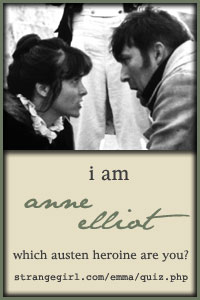
Chaos theory states that the behavior of chaotic systems appears to be random, but is in fact deterministic. Though I am determined to change my chaotic habits, I cannot.
In ancient Greek, chaos was the nothingness out of which everything else—all objects—appeared. The objects themselves are my chaos; not nothingness, but its opposite. Too-muchness, overwhelming and impenetrable presence.
The antithesis of chaos is cosmos. An orderly or harmonious system. My little green sphere—opposed to everything else in my head and in my life.
In Russian, cosmos means space.
Order, harmony, space—all things I am without.
Not coincidentally, I’m sure, the discussion in our Roman Archaeology class is on chaos and order—the need of the Romans to have their world ordered. The sacred, to the Romans, meant having things in their right place. This strikes me as Zen Buddhist as well, cleaning every day just so things “look as if someone has paid attention to them.” Why am I so far from either, when I agree in principle?
In the saner outside world, the farmer’s market offers me the momentary space of travel; escape to other, cleaner lands: Basque frying peppers (the lofty stretches of the Pyrenees), purslane (an herb known to bestow health, by the pharmacists of Cairo, the archaeobotanists of Greece, the Elizabethan English), chanterelles (Henry James’s Paris, with tall windows looking out on a slow boulevarad), dates from Indio or the far deserts, wind-scoured, vast.
I saute the chanterelles in butter, to stir into eggs, and learn later that Tamasin Day-Lewis has a recipe for the same. A clean moment in a cluttered time.
image: Christie B. Cochrell, Heirloom Tomatoes



















No comments:
Post a Comment